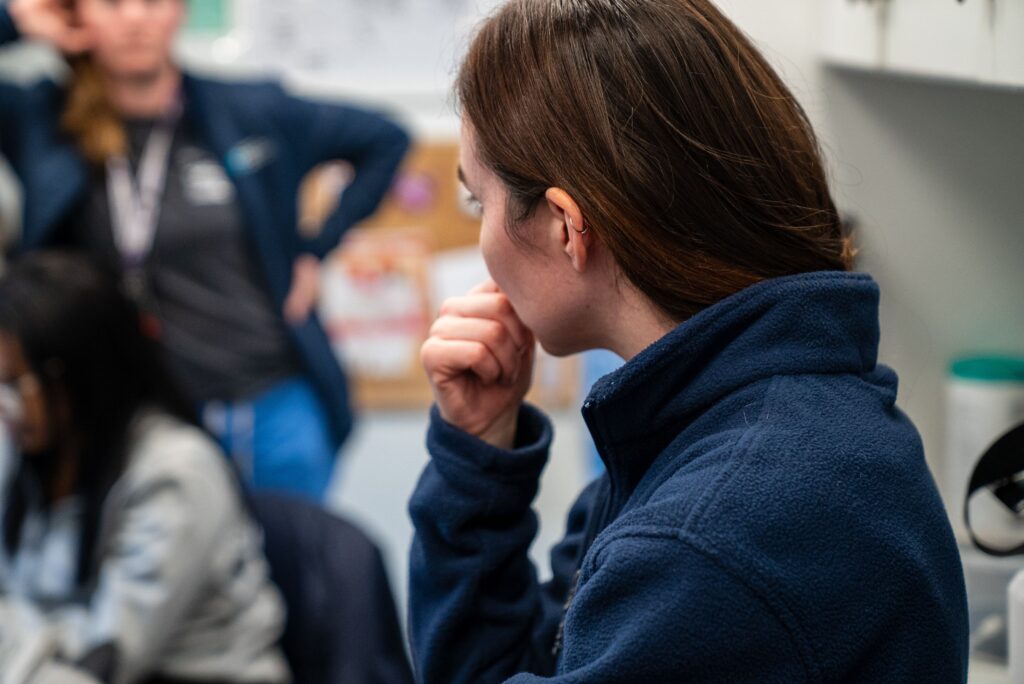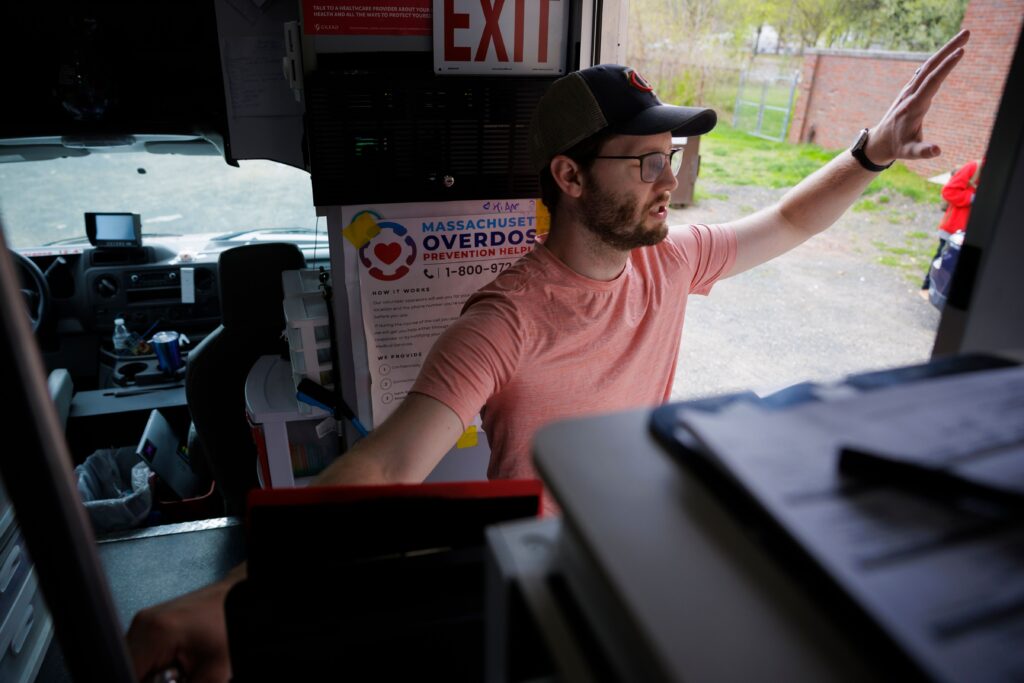A key advantage of the mobile health program is its ability to adjust to evolving needs and circumstances. If data indicate a new overdose hotspot within the mobile health program’s catchment area, a rapid mobilization and deployment may be called for. In these instances, the following considerations should be taken.
Scenarios that require a rapid response may include:
• Rapid and/or sustained increase in overdose in an area not currently serviced by the mobile health clinic
• Outbreak of infectious disease such as HIV, hepatitis B, or meningitis among PWUD
• Evidence of new tent communities or other homeless settlements, possibly due to displacement in another area
As previously mentioned, engaging community partners and stakeholders is crucial to successful program implementation. When circumstances require swift action, the need for community engagement must be balanced with the urgency of the response. It is recommended that immediate engagement with the following community partners be prioritized:
• Other frontline staff (e.g. outreach workers from other organizations to coordinate efforts)
• Local law enforcement
• Local hospitals/community health centers
• Local political representatives
Other engagement efforts with local neighborhood associations, business and other stakeholders should be done as is possible over the course of the rapid response.
Resources and bandwidth issues may be factors limiting a team’s ability to rapidly respond to emerging crises. Mobile health clinics should also be mindful not to divert necessary resources from a clinical site where there is still need for services. Please refer to Environmental scan— proposed schedule for strategies on how to employ flexible scheduling.

